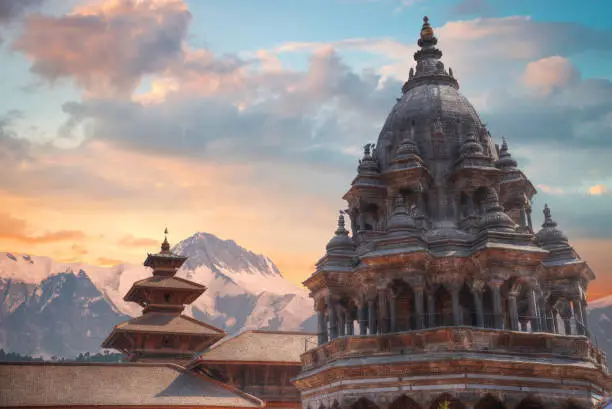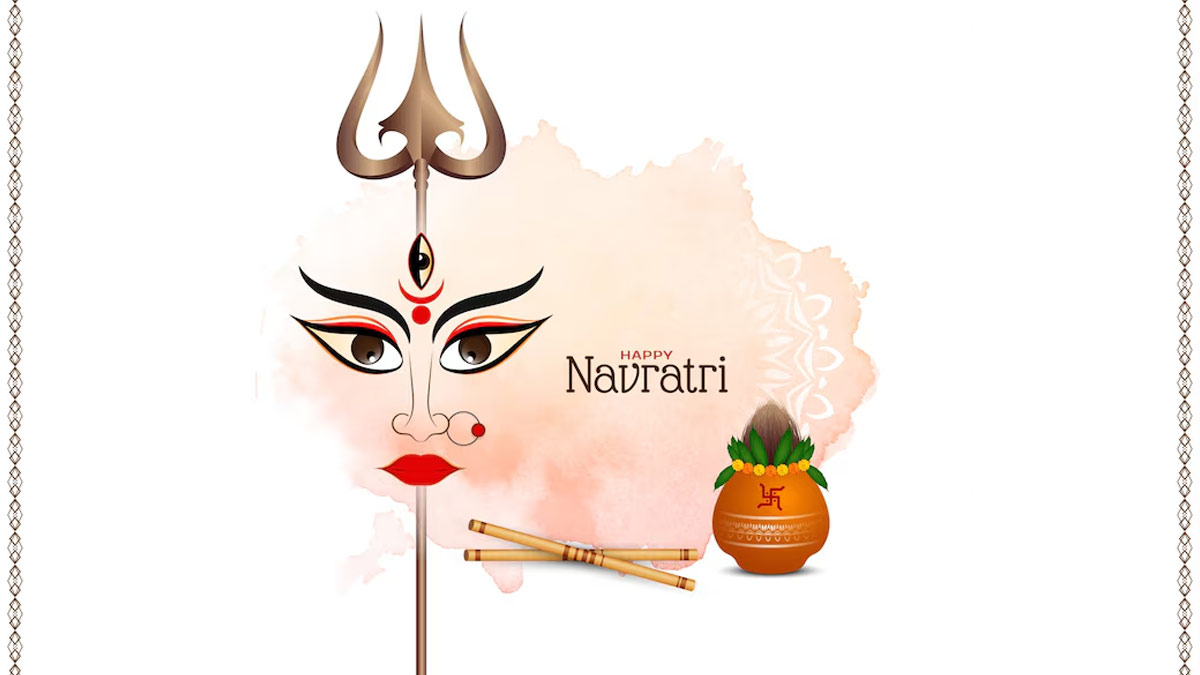The Importance of Pooja: A Pathway to Spiritual Purity
Pooja, a traditional form of worship in Hinduism and other Indian religions, holds profound significance in the spiritual lives of devotees. Beyond mere ritual, it serves as a powerful tool for purification, focus, and connection with the divine. In this blog, we will explore the importance of pooja and how it can transform your spiritual journey.
Purifying the Mind and Body
One of the key aspects of pooja is its ability to purify both the mind and body. In our fast-paced lives, we often find ourselves surrounded by distractions and negativity. Engaging in pooja helps to cleanse these impurities. The rituals involve offerings, chanting of mantras, and the lighting of lamps, all of which create a serene environment.
This sacred practice encourages mindfulness, allowing devotees to release stress and anxiety. As you participate in the rituals, you become more attuned to your inner self, promoting mental clarity and emotional balance. The act of purification extends beyond the physical space; it fosters a sense of calm and spiritual renewal.
Focusing on Prayers and Worship
In a world filled with distractions, focusing on prayer can be challenging. Pooja provides a structured time and space for devotion. By setting aside specific moments for worship, devotees can immerse themselves fully in their spiritual practice. The rituals create a sacred atmosphere that fosters concentration and devotion.
During pooja, devotees often recite mantras and prayers that resonate with their spiritual goals. This focused intention not only enhances the depth of worship but also strengthens the connection with the divine. The repetitive nature of the rituals allows individuals to enter a meditative state, deepening their spiritual experience.
How It Works: Celebrating Chaitra Navratri
One of the most significant times for pooja is during the festival of Chaitra Navratri, celebrated over nine days in the Hindu month of Chaitra, typically falling in March or April. Also known as Vasant Navratri, this festival marks the arrival of the spring season and is dedicated to worshipping the nine forms of Goddess Durga, collectively known as Navdurga.
Each day of Navratri is dedicated to a different form of the goddess, with specific rituals and prayers aimed at honoring her divine presence. The tenth day is celebrated as Vijayadashami or Dussehra, symbolizing the victory of good over evil. In Maharashtra, the first day is celebrated as Gudi Padwa, while in Kashmir, it is known as Navreh, each region adding its unique customs and significance to the celebration.
During these nine days, devotees engage in various forms of pooja, including fasting, chanting, and community gatherings, fostering a sense of unity and spiritual upliftment. The rituals not only honor the divine feminine but also invite blessings of strength, prosperity, and knowledge into the devotees’ lives.
Conclusion
The importance of pooja extends far beyond tradition; it is a vital practice for spiritual growth. By purifying the mind and body and allowing devotees to focus on their prayers, pooja serves as a bridge between the material and the spiritual. Whether performed at home or in a temple, engaging in pooja can transform your daily routine into a sacred practice, nurturing a deeper connection with the divine.
Consider incorporating pooja into your life, especially during significant festivals like Chaitra Navratri, to experience its profound benefits—both spiritually and mentally. Let the rituals guide you on your path to peace, clarity, and devotion.


